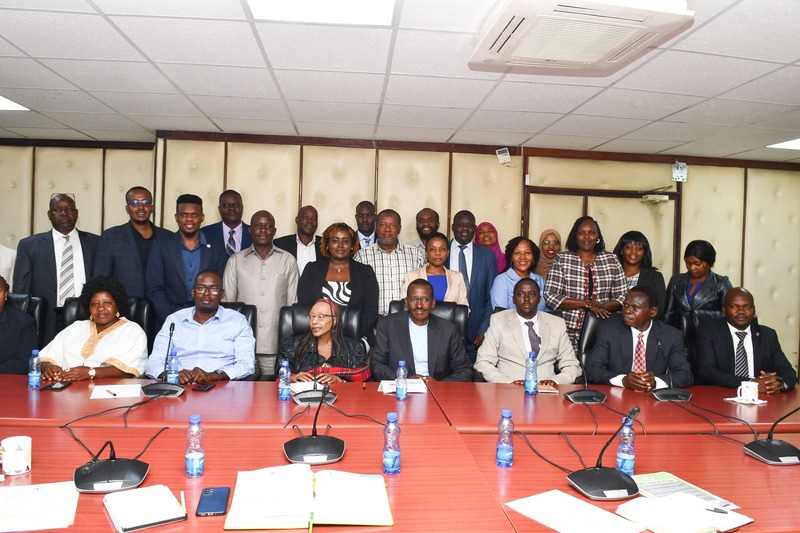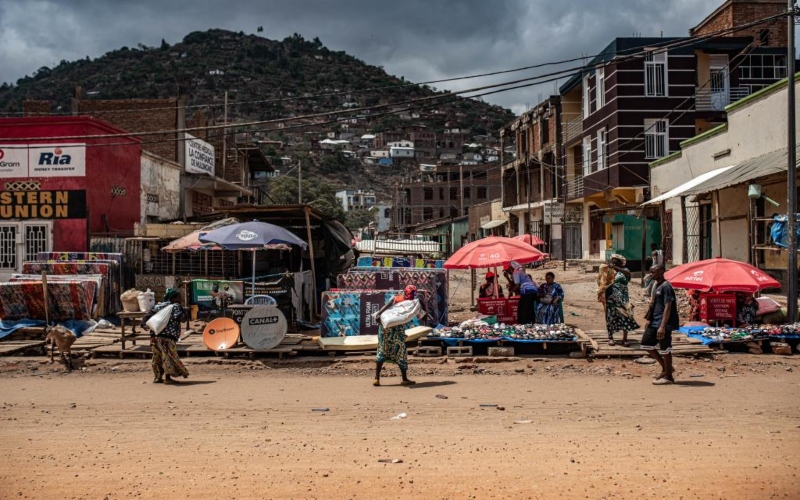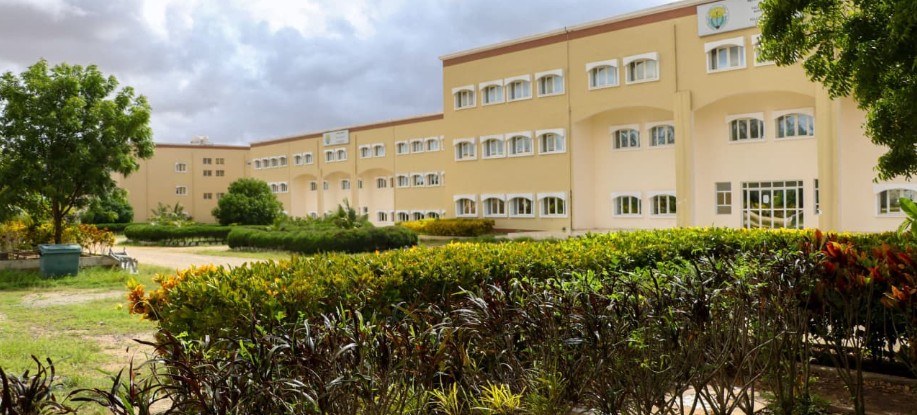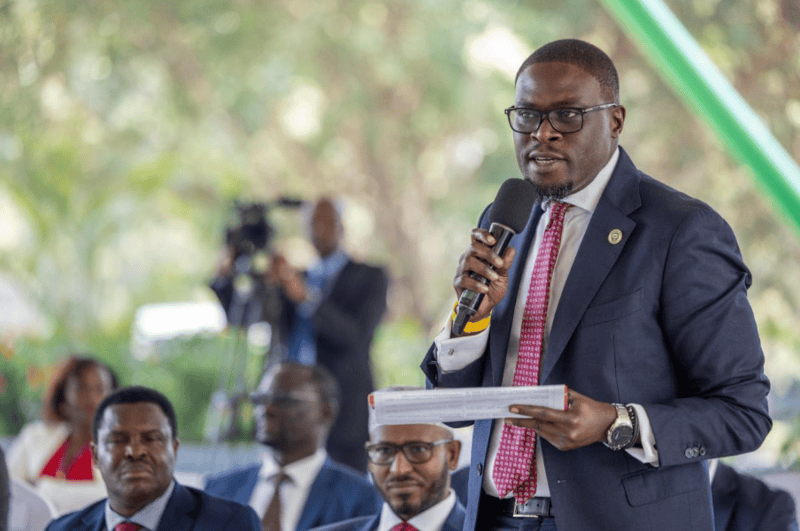Kenyans in diaspora file case to have voting station expanded beyond diplomatic mission

In their petition, the diaspora group contends that Kenyans living in countries such as the United States, Canada, the United Kingdom, Australia, Saudi Arabia, China, Sweden, Finland, Norway, Denmark, Belgium, and South Africa are forced to incur substantial travel costs to register and vote at distant diplomatic missions.
92 Kenyans living abroad have lodged a case at the High Court seeking to compel the Independent Electoral and Boundaries Commission (IEBC) to extend diaspora voting stations beyond embassies and consulates.
The case, presented before Justice Lawrence Mugambi, is spearheaded by Dr Martin Koyabe, Danson Mukile, and Dr Kenneth Karanja. The petitioners argue that logistical challenges and restrictions tied to diplomatic missions have consistently disenfranchised Kenyans residing overseas.
More To Read
- IEBC drops census data, adopts ID and passport records for voter registration targets
- High Court petition challenges IEBC’s role in legal profession elections
- IEBC warns low voter registration, apathy could undermine future elections
- IEBC warns boundary review may spark community, religious and class tensions
- Court to hear petition challenging eligibility of Embu North MP Leo Wa Muthende
- Voters challenge Mbeere North MP Wamuthende’s victory over electoral name discrepancy
In their petition, the diaspora group contends that Kenyans living in countries such as the United States, Canada, the United Kingdom, Australia, Saudi Arabia, China, Sweden, Finland, Norway, Denmark, Belgium, and South Africa are forced to incur substantial travel costs to register and vote at distant diplomatic missions.
“This signifies that millions of Kenyans living in over 100 countries have been effectively disenfranchised, not by constitutional mandate but due to the absence of enabling legislation, administrative regulations, and diplomatic infrastructure,” their lawyer, Ambrose Mulandi, argued.
Mulandi described the current arrangement as "practically impossible" for many, particularly in countries with vast geographical areas such as the USA and Canada.
“The unreasonable limitation imposed by regulation 34(2) is discriminatory, arbitrary, and creates unjustifiable hardship by conditioning a constitutional right on the mere existence of a diplomatic office. It fosters inequality of access to voting rights and violates Articles 38(3), 27, 81, and 83 of the Constitution,” he said.
The IEBC, the Senate, and the National Assembly have been named as respondents. Institutions including the Katiba Institute, Law Society of Kenya, Commission on Administrative Justice, Centre for Multiparty Democracy Kenya, and the Election Observation Group (ELOG) are listed as interested parties.
Mulandi noted that numerous appeals for reform and previous engagements with the IEBC and related agencies regarding the expansion of diaspora registration have been largely ignored.
Danson Mukile, in a supporting affidavit, told the court he lives in Dallas, Texas. He emphasised that Kenyans abroad contribute significantly to the country's development and should have equal say in governance matters.
“Kenyans in the diaspora sent home Sh637.3 billion in remittances last year alone, boosting Kenya's economy and social fabric,” he stated.
Mukile also pointed out that although there were at least 136,239 Kenyans living in the USA according to the 2019 census, yet only three polling stations are available — the embassy in Washington, D.C., and consulates in New York and Los Angeles.
“This means that a Kenyan living in Dallas, like myself, must travel approximately 2,495 kilometres to New York to register, verify their status, or cast a vote,” he said.
Top Stories Today















































